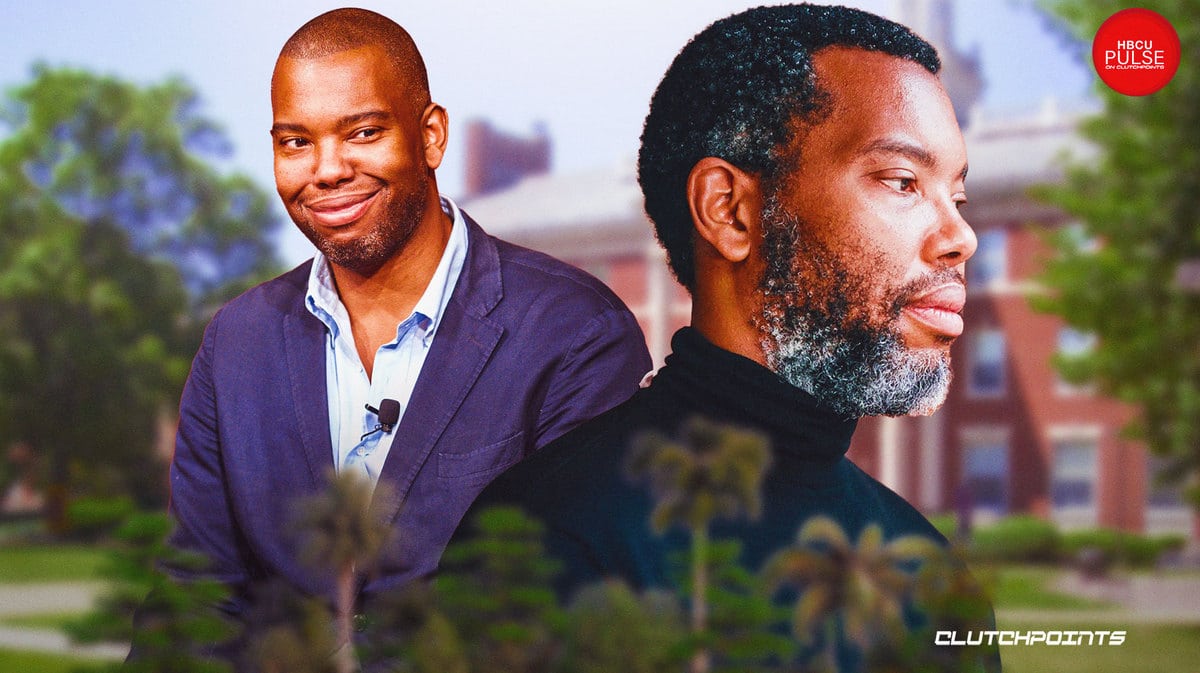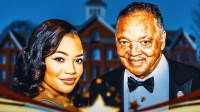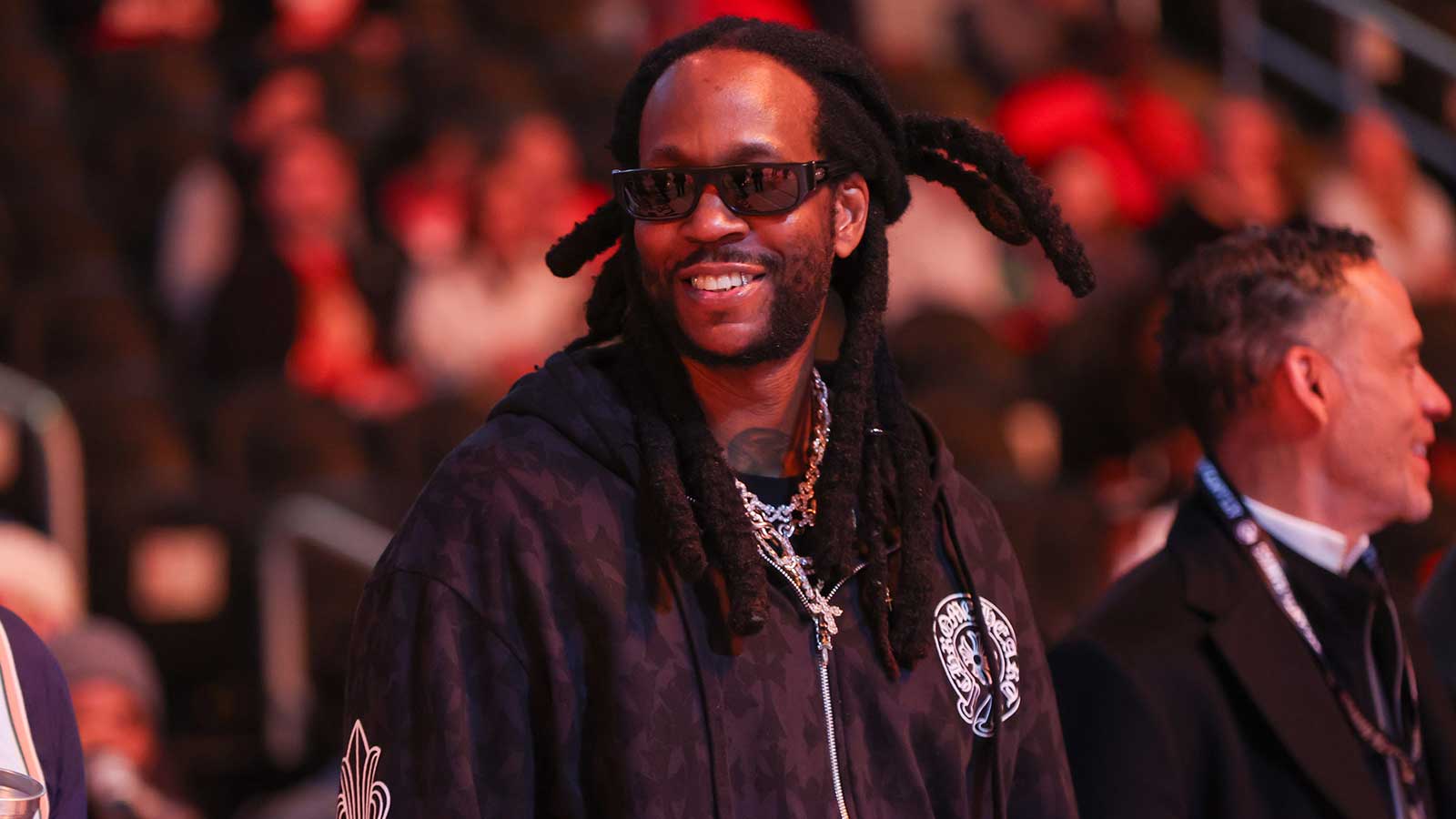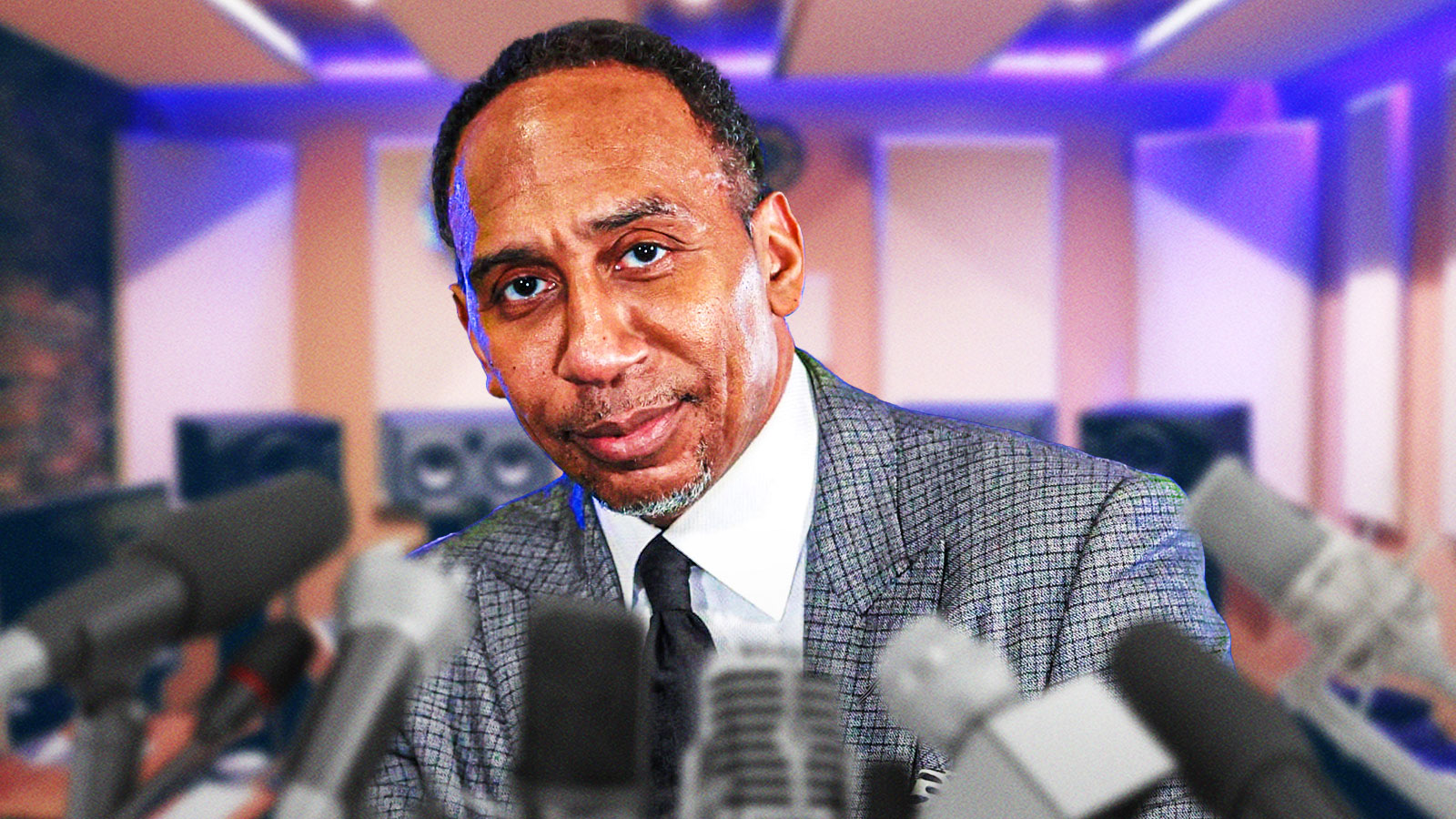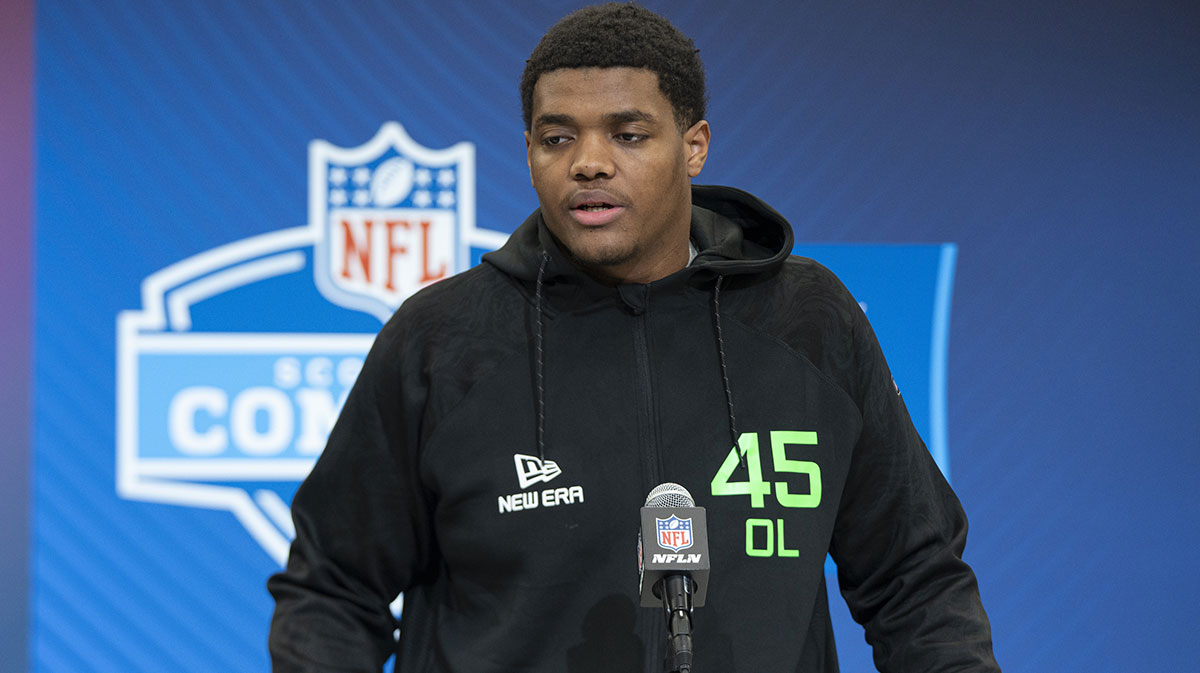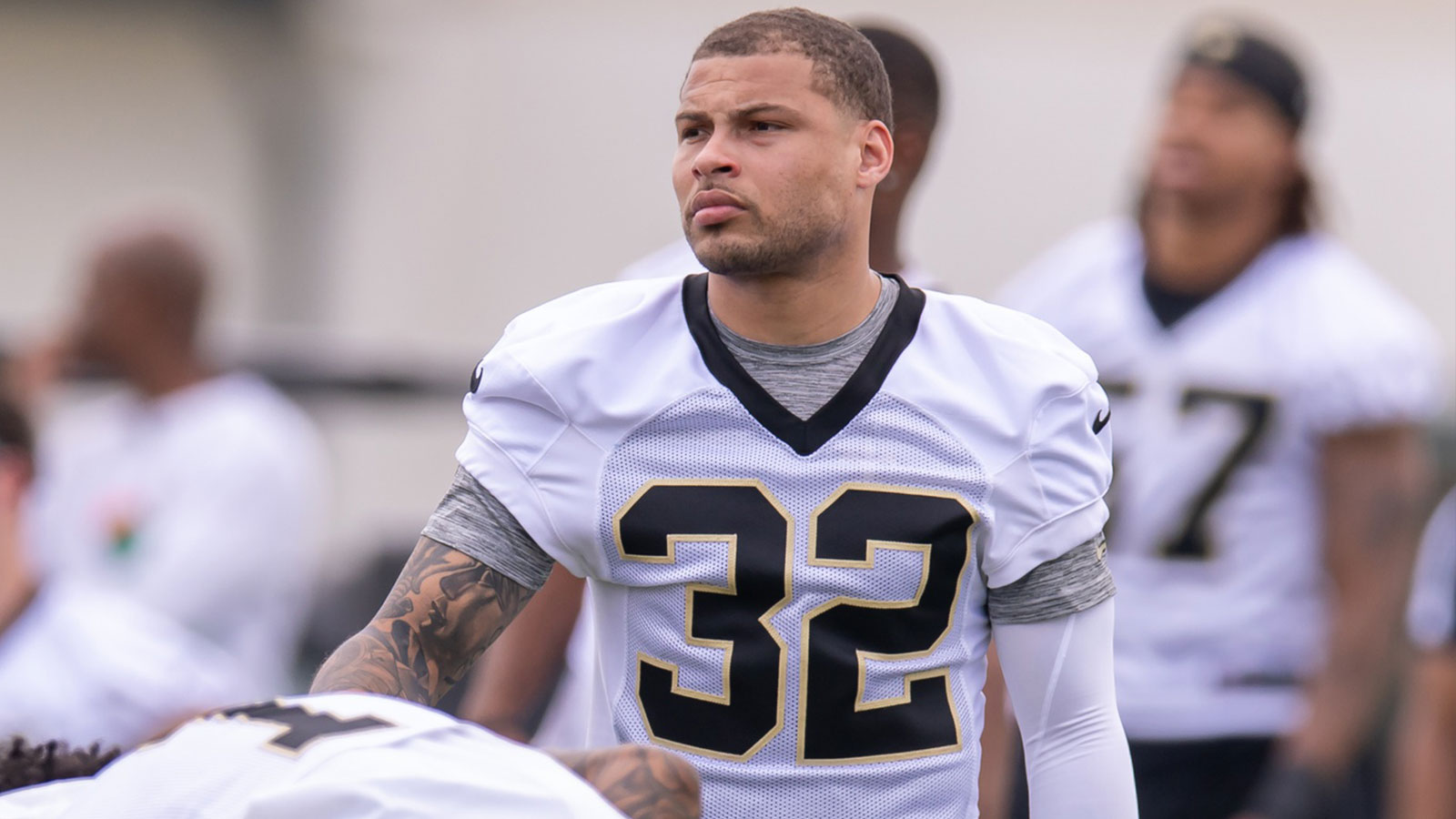The art form of storytelling has been around since the beginning of time and continues to grow as time continues. HBCUs have produced some of the most influential storytellers that the world has ever known. Authors like Toni Morrison and Alice Walker come from HBCUs. In this HBCU Success Story, we are going to highlight the journey of Howard University alum and award-winning author, Ta-Nehisi Coates.
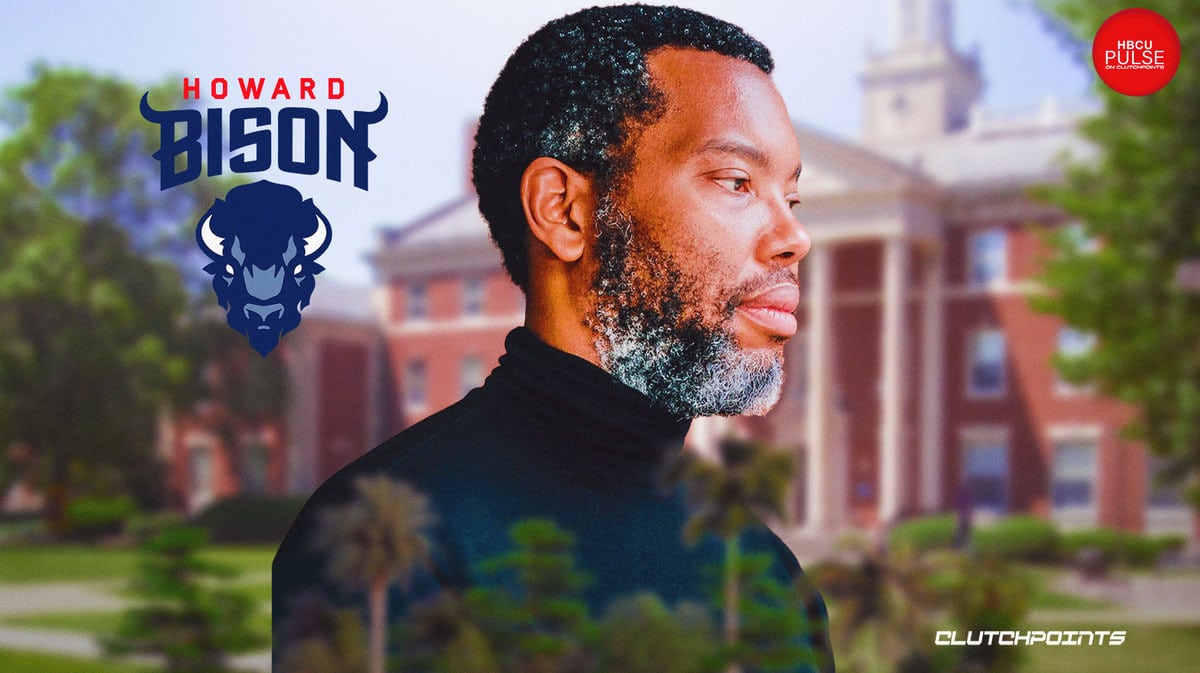
Attending The Mecca
“My only Mecca was, is, and shall always be Howard University.”
These are the words from award-winning novelist and journalist, Ta-Nehisi Coates. Coates was born on September 30, 1975. The Baltimore native entered Howard University in 1993 to study journalism.
After five years he left Howard to pursue a career in journalism. Although he did not graduate Coates expresses the influence that the university had on him in one of his early novels, Between the World and Me.
“Between the World and Me” is a nonfiction novel written by Coates as a letter to his teenage son about his perception and experiences on being Black in the United States. In the book, Coates talks about his time at Howard and how it opened his eyes to the beauty of the African-American diaspora.
Coates saw Howards as this “beautiful, diverse assembly of Black people from exotic places and different backgrounds.” In the book, he also expresses how Howard allowed him to learn and study the history of the Black diaspora while being present and witnessing those traditions in real time.
According to Coates, being at Howard allowed him to explore his interest in journalism by being a safe space to ask difficult questions regarding identity and society.
Life After the Mecca
Coates left Howard University in 1999 to jumpstart in journalism career. Coates worked as a reporter for The Washington City Paper in Washington, D.C.
For the next seven years, Coates worked as a journalist for several publications including Philadelphia Weekly, The Village Voice, and Time. But it was an article that he wrote for The Atlantic that opened new doors for his career.
That article led to a regular column with The Atlantic, a blog with high community engagement. He eventually became the senior editor at The Atlantic, where he maintained his blog while writing a few featured articles.
His blog covered an array of topics including politics, race, history, culture, sports, and music. His pieces titled “Fear of a Black President” and “The Case of Reparations” earned him a significant amount of praise. He has also written for other publications including The Washington Post and O Magazine.
Award-Winning Author
Coates published his first novel, “The Beautiful Struggle” in 2008. “The Beautiful Struggle” is a coming-of-age story about Coates’ upbringing in West Baltimore and how it affected him.
He touched on various subject matters in the book including his relationship with his father who was a member of the Black Panther Party, street crime and its effect on his older brother, his troublesome experiences attending Baltimore schools, and his time at Howard.
His second book Between the World and Me was published in July 2015. Along with a deep dive into his experiences at Howard Coates talks about how he navigates through life as a Black man in America. Coates says that one of the origins of this book was the death of his college friend, Prince Carmen Jones Jr. who was shot by police.
One of the more common themes of this book is, Black bodies and how they are affected by things such as racism and violence. This book earned the National Book Award for Nonfiction and was a finalist for the 2016 Pulitzer Prize for General -Non-Fiction.
Coates has published other bodies of work including a collection of essays on the Obama era as well as the sixth volume of the Black Panther comic series. In 2019, he published his first novel and fiction piece of work, The Water Dance.
Coates’ journey from Mecca to becoming an award-winning author is nothing short of amazing. In his storytelling Coates always shares the Black experience from a real and authentic perspective. He and other Black authors continue to show us why telling our own stories is important.

